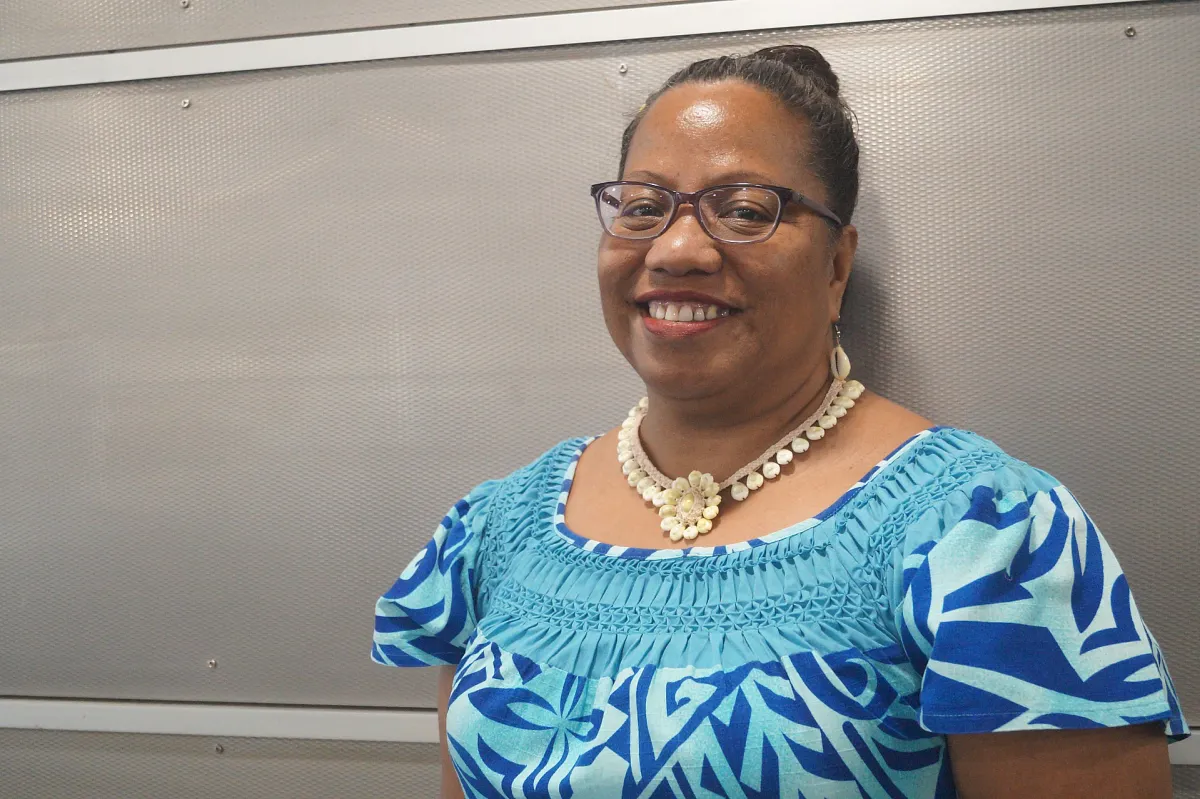Kiribati’s opposition leader says she is “embarrassed and disappointed” by her country’s management of its relationship with New Zealand – and fearful of what a resulting review of NZ aid could mean for the Pacific nation’s future.
The remarks come as the foreign affairs ministry continues to keep a veil of secrecy around the terms of reference for the significant review.
In January, Foreign Minister Winston Peters announced the Government was reviewing its aid programme to Kiribati after the country’s president Taneti Maamau pulled out of a pre-arranged meeting in the small island nation.
A spokesman for Peters said at the time there had been “a months-long effort” to travel to Kiribati, with a New Zealand minister having last visited the country over five years ago.
“The lack of political-level contact makes it very difficult for us to agree joint priorities for our development programme, and to ensure that it is well targeted and delivers good value for money,” the spokesman said.
The situation has since been overshadowed by the dispute between New Zealand and the Cook Islands Prime Minister Mark Brown over the realm nation’s decision to sign a strategic partnership with China, but some in Kiribati remain concerned about the implications of the fallout.
Speaking to Newsroom at the Pacific Islands Political Studies Association conference in Wellington, Kiribati opposition leader Tessie Lambourne said she was “embarrassed and disappointed” by Maamau’s decision to snub Peters and concerned about what the aid review could mean for her country.
Leading up to the incident, Lambourne said she had been aware of Australian and New Zealand diplomats facing challenges in engaging with the Kiribati government and in securing visas for their diplomatic staff.
However, it was concerning Maamau had initially indicated a willingness to meet Peters, only to change his mind at the last minute.
The Kiribati government had also been dishonest about the reason for Maamau’s unavailability, claiming he had to attend the ordination of the first Catholic priest on his home island when that ceremony had taken place weeks earlier.
“Everybody in Kiribati knew when that event was, and it had already happened… if someone had done that to me, I would be upset,” Lambourne said.
The president’s decision, and the difficulties faced by New Zealand and Australia in communicating with the Kiribati government, appeared to be a direct result of the country prioritising its relationship with China over those with other partners.
“It’s our government trying to… demonstrate their loyalty to the partnership with China, and I ask, why would you do that?
“I expect to see consistency in the way we manage our relations with our partners, and what I have seen over the years since 2019 is that’s not the case.”
Lambourne said the incident appeared to be “the last straw” for New Zealand, after the previous Labour government had also faced difficulties in visiting Kiribati.
However, she had been surprised by Peters’ decision to order an aid review, and was worried about what that would mean for her country.
New Zealand scholarships had provided a vital opportunity for young i-Kiribati to further their studies, with Lambourne herself “a product of a New Zealand scholarship”.
“If you want to achieve sustainable development, one of the core foundations of that is to have the right set of skills and knowledge.”
She was also concerned about Kiribati losing access to migration schemes like the Pacific Access Category and Recognised Seasonal Employer visas, which had provided the i-Kiribati with both work opportunities and “an option of last resort” to deal with rising sea levels.
If New Zealand did cut back its aid and other support, the country would need to look elsewhere to fill the gap.
“The competition in our region… is disruptive, but in a way, it has its benefits, because now everybody wants to help, so that’s my concern.”
“We have made clear that we are still working towards meaningful dialogue with Kiribati’s president and foreign minister, whether in Kiribati, New Zealand or elsewhere in the region.”
In a speech opening the conference, Peters said the Government had respected Kiribati’s preference to avoid outside engagement for more than a year but needed to visit the country to review existing aid projects and understand its ongoing needs.
“We are accountable to the worker in Kaitaia, the builder in Gore, and the farmer in the Waikato for the spending of taxpayer money, and we felt it important to express our concerns openly and transparently.”
Peters said New Zealand had a long-standing relationship with the people of Kiribati and would weather the current problems.
“We have made clear that we are still working towards meaningful dialogue with Kiribati’s president and foreign minister, whether in Kiribati, New Zealand or elsewhere in the region. We are taking positive steps towards that goal in coming weeks.”
Peters did not provide any further information about the terms of reference for the review, despite reports a month ago that they were in the process of being finalised.
In a one-line statement, a ministry spokeswoman told Newsroom: “We are not releasing the terms of reference of the review of New Zealand’s aid development programme in Kiribati at this time.














